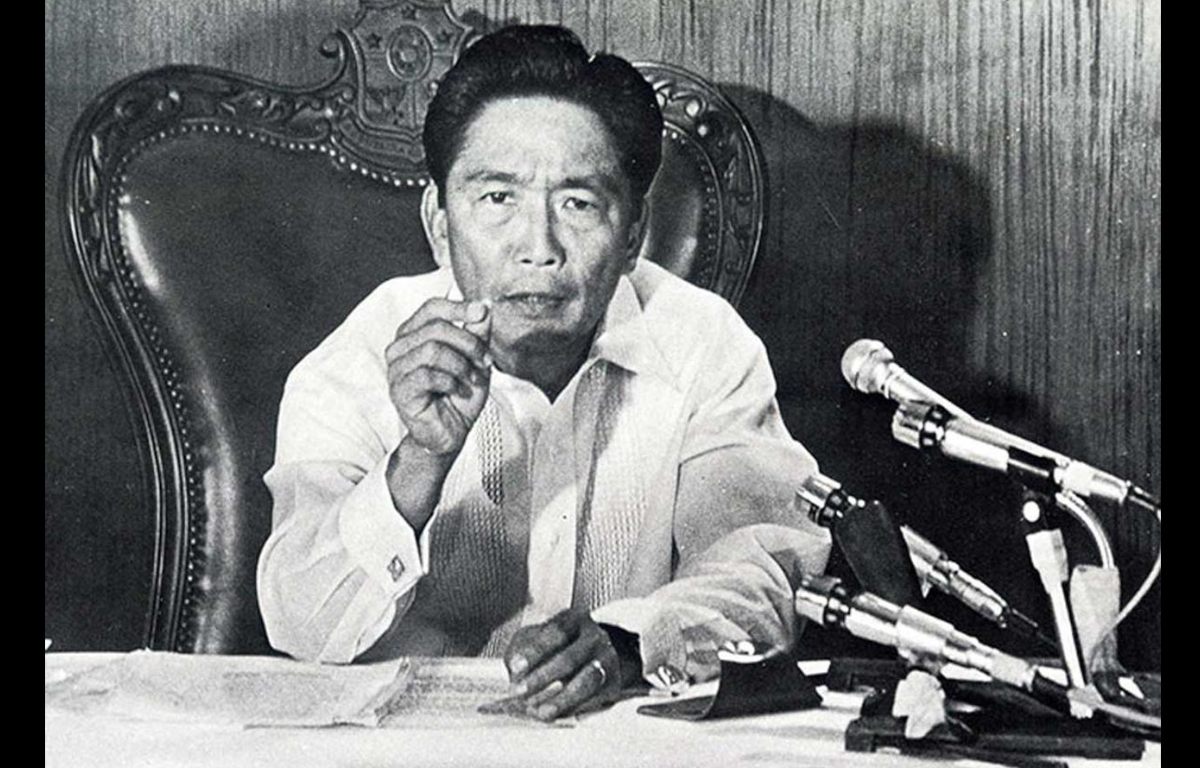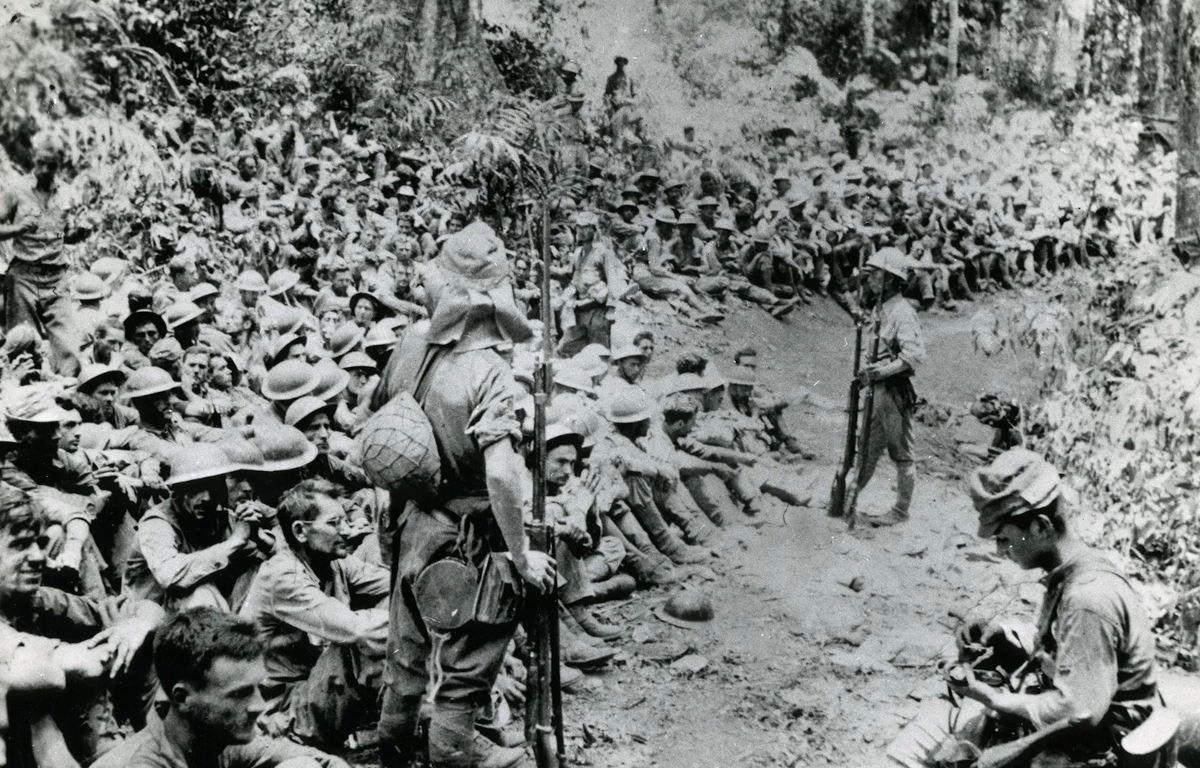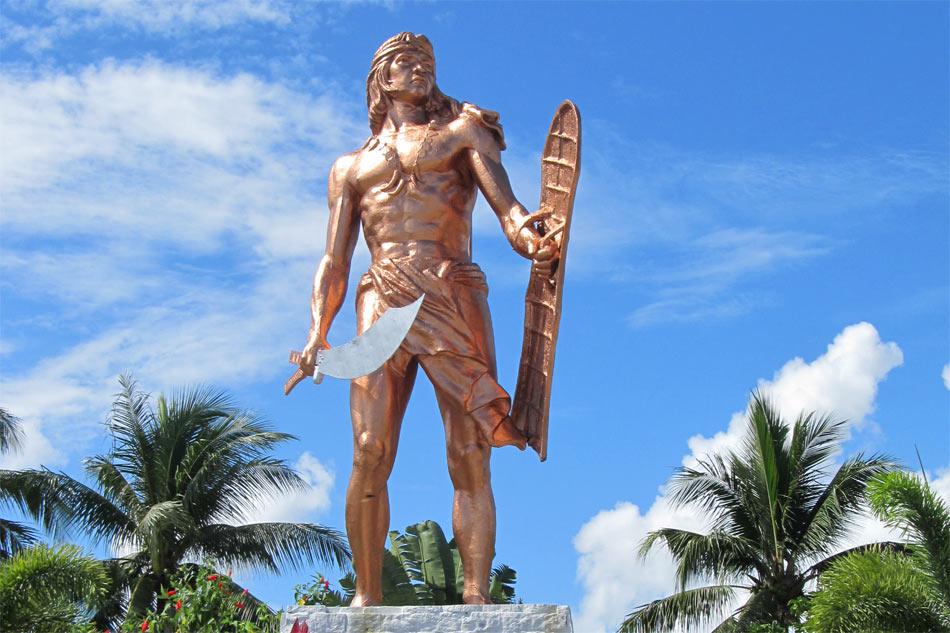
On this day in 1946, Lieutenant General Masaharu Homma, commander of the 14th Japanese Army during the initial battles for the Philippines from December 1941 to August 1942, was put to death because of his involvement in the war crimes committed during that period.
Homma played a key role in receiving the capitulation of the Americans at Bataan. He was also accountable for the Bataan Death March, which led to a significant number of fatalities due to maltreatment and neglect.
Following Japan’s surrender in mid-September 1945, Homma was apprehended and tried on 48 charges related to breaches of international warfare regulations, specifically concerning the atrocities perpetrated by soldiers under his command during the Bataan Death March.
He was the first Japanese Military Governor of the Philippines.
Masaharu Homma’s life serves as a stark reminder of the atrocities committed during war and the complex issue of assigning responsibility for such acts. His story continues to be a significant part of World War II history.
April 9 – On this day in 1942, Major General Edward P. King, commander of the Bataan forces, was forced to surrender together with his men when the Filipino and American soldiers could no longer defend the Bataan peninsula from the invasion of Japanese troops.
The surrendered Filipino-American forces were forced at gunpoint to march under the tropical hot sun from Bataan to San Fernando, Pampanga, and then taken by rail to Camp O’Donnel in Tarlac. Those who could not make it because of physical weakness were shot or bayoneted to death.
The event was indeed so inhuman that it was called the “Death March” and marked the beginning of total Japanese Occupation of the Philippines during the Second World War.
Despite the travails of defeat, most of the captured soldiers stood strong and heroes emerged from the event. The surrender was only temporary.
Eventually, American and Filipino liberation forces retook the Bataan peninsula on February 8, 1945.
The nation marks “Araw ng Kagitingan” (Day of Valor) on April 9 of every year to highlight the valor and heroism of the Filipino and American soldiers who fought in the Philippines during World War II.
Formerly called “Bataan Day” or “Fall of Bataan,” the celebration was changed to “Day of Valor” and made a national public holiday under Letter of Instruction No. 1087 issued on November 26, 1980 by then President Ferdinand E. Marcos.
Executive Order No. 203, dated June 30, 1987, further declared April 9 of each year as “Araw Ng Kagitingan” to pay tribute to the heroes of Bataan, Corregidor and Bessang Pass.
April 22 – On this day in 1951, the Philippines fought the Battle of Yultong against China during the Korean War. It was fought between approximately 40,000 soldiers from the Chinese People’s Volunteer Army (PVA) 34th Division and 900 Filipino soldiers of the 10th Battalion Combat Team (BCT), north of Yeoncheon. The battle was part of the Chinese Spring Offensive.
The Philippines’ 10th Battalion Combat Team reported 12 killed, 38 wounded, and six (6) missing in action while China’s PVA losses were reported to be more than 500 killed and two (2) captured.
The 10th BCT survived to join the British 29th Brigade Group as a reserve force on 24 April 1951, and later participated in the rescue of the Gloucestershire Regiment during the Battle of the Imjin River.










Share this: